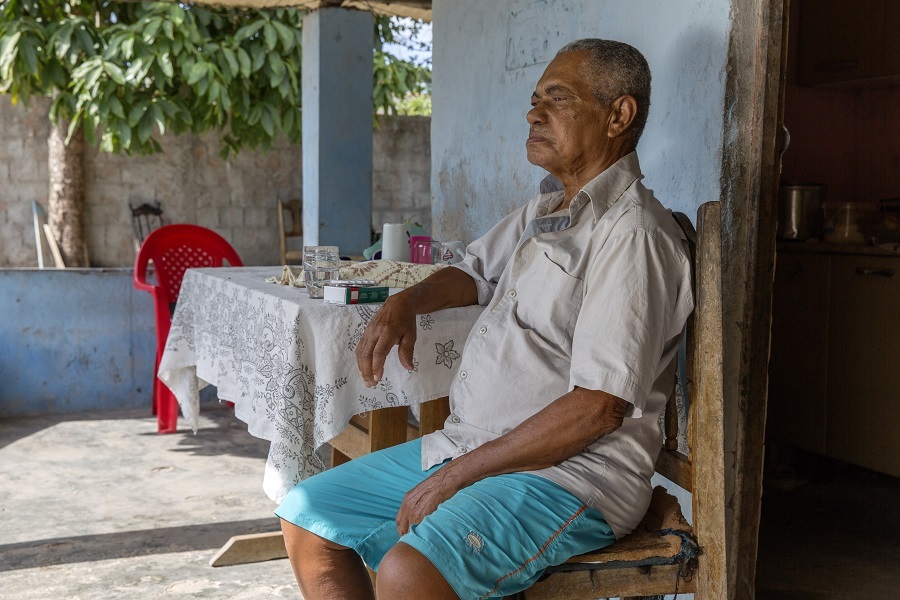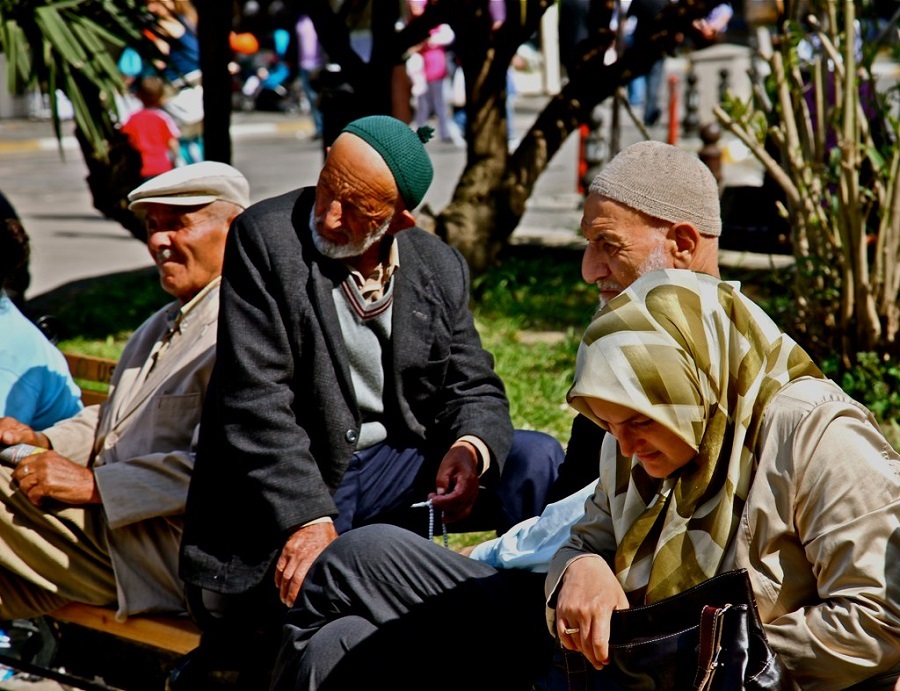Universal Health Coverage and Ageing
Universal Health Coverage (UHC) is defined by WHO as ensuring that all people and communities receive the quality services they need, and are protected from health threats, without financial hardship. Population ageing will have an impact on the ambition of universal health coverage, because without considering the health and social care needs of the ever-increasing numbers of older people, UHC will be impossible to achieve.
Equally, Sustainable Development Goal 3 – “ensuring healthy lives and promoting well-being for all at all ages” – cannot be met without transforming health and social systems from a focus only on disease towards the provision of the integrated and person centred care that is known to have the greatest impact on functional ability in older age.
This Transformation requires specific attention to the following:
- organizing services to respond to older people’s diverse levels of physical and mental capacities as well as their needs and preferences;
- extending coverage of services to all older people – at present many older people, particularly those who have been in the informal workforce or who have filled caregiving roles, have very limited access to even basic services;
- ensuring that coverage extends to services that provide interventions that are key for maintaining intrinsic capacity and functional ability of older people (for example person-centred assessment and care plans, restorative surgery, oral supplemental nutrition, multimodal physical exercises and care including assistive products and caregiving);
- developing sustainable financing mechanisms that can protect older people and their families from undue financial burdens and that provide system incentives for the provision of the services older people need.
By adopting affordable, integrated and person-centred service delivery models and comprehensive systems of long-term care, based in the communities where older people live, we can accelerate progress towards UHC and the Sustainable Development Goals.
Protecting older people from financial risk
Increasing age is frequently associated with increased health-care utilization and costs. But when people have to pay fees or co-payments for health care, the amount can be so high in relation to their income particularly due to the occurrence of multiple complex health conditions or the need for long term care later in life, that it results in ‘financial catastrophe’.
Mechanisms to ensure older people can access services without financial burden will be crucial, however national health financing systems must be designed not only to allow older people to access services when they are needed, but also to protect them from financial catastrophe by abolishing out of pocket spending for older populations.

An elderly person collects medication
Designing age-friendly benefits packages
The most common shortcomings of health benefit packages are that they do not include interventions that are key for maintaining intrinsic capacity and functional ability of older people such as restorative surgery (cataract, knee/hip replacement), assistive products, oral supplemental nutrition, multimodal physical exercises and long term care services such as assistive care. The design and financing of universal coverage for health and long-term care must include interventions that have the greatest influence on healthy ageing trajectories and include investments in integrated health and social care for older people. The latest UHC compendium includes the list of interventions, relevant to Healthy Ageing including ICOPE interventions.
WHO is working to develop a UHC service package for long-term care that will provide countries with a minimal list of long-term care services to be included in age-friendly benefits packages

Elderly person sitting in the patio
Extending coverage for older people
Most of current social insurance schemes cover employees in the formal sector. Coverage needs to be extended to include retirees, older people who have spent all their lives in the informal sector or who are self-employed, and older women, with government either covering the financial contributions for the more vulnerable older people, or providing direct services to them.
Ensuring universal coverage for health and long-term care for older people is still a distant ambition in many countries and more attention will need to be given to the links between UHC and population ageing if the goals of healthy ageing are to be achieved.

Elderly persons outside in Istanbul
Publications
Integrated care for older people (ICOPE): realigning primary health care to respond...
China country assessment report on ageing and health
Key factsChina is ageing much faster than other low- and middle-income countries. The proportion of the population aged 60 years and over will increase...
Ghana country assessment report on ageing and health
Ghana, like many other countries, is experiencing a demographic transition with its ageing population. To provide reliable evidence for policy-making in...
Age-friendly Primary Health Care (PHC) Centres Toolkit
This toolkit has been developed to assist health care workers in being well versed in the diagnosis and management of the chronic diseases and the so-called...
Related publications
Related information
Related health topic